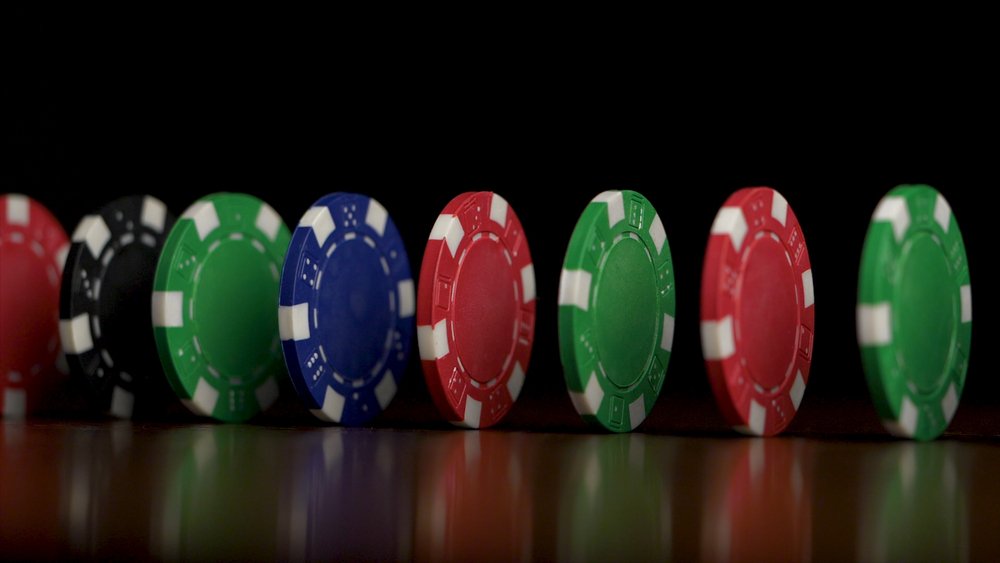
Part of the fun of playing poker is winning, and that means knowing the right strategies to use. When to fold, when to bet, when to call, and when to raise. Learning how to play poker, you will realise that it is all about probabilities. A player must be able to calculate the odds and use them to his or her advantage. Understanding how to leverage the pot odds is necessary for any poker player who wants to make winnings. However, a player who is new to poker may not be aware of what poker pot odds are let alone how to turn them into winning tactics. The following basics provide insights into the concept of pot odds.
What are Pot Odds in Poker?
Before you play poker online, know how to calculate pot odds, and that starts by understanding their roles. A game of poker involves good and bad bets, which is what pot odds are all about. Players use pot odds to determine whether to call on a bet, depending on what is in the pot. Odds are usually in a ratio format. For example, odds of 3:1 (three to 1) means that every £1 put up as a bet will win £3, so if the wager is £10, the winnings will be £30 and £300 for a £100 bet. The higher the odds, the less the likelihood of winning. Odds are arrived at by calculating the number of times a player won’t make a hand over the number of times that a player will make a hand.
When it comes to poker pot odds formula, you have to consider the amount that is already in the pot versus what you have to call. For instance, a pot already has £50 then another player bets £30, making the total £80. Then you have to call that the money in the pot is £40. It means that the ratio of the pot odds is 80:40, which translates to 2:1.
Improving the Hand
To calculate online poker pot odds, a player has to consider the chances of improving the hand as well. The advantage is that if you know that the probability of improving your hand is higher than the pot odds given for a call, then it would be profitable to call the play. A player can calculate the odds of improving to a winning hand by looking at the outs. Calculating outs in poker is a vital subject that a beginner should cover when learning how to play poker online. Fortunately, a player can use charts that list the odds and outs to make it easier to concentrate on the game. Instead of working out the card odds, you can focus on the other players and improve the chances of winning. After getting the odds for a hand to win, a player should compare that with the odds offered by the pot.
Monitoring the Pot
If you are to calculate pot odds correctly, then you must know the size of the pot at all times. A player must be clear about what the pot is offering during different betting rounds. During an online poker game, it can be easy to track the pot because it is in front of you all the time. To get the correct size of the pot, take each of the street bets and multiply with the player in the game. As the game progresses, you can add the subsequent street bets to the figure already calculated.
To Call or Not
The decision of whether to call or not is always a tough one for a beginner, so it may take a while to get used to it. A good rule is to look at the funds in the pot and compare that with what the opponent is putting up. Say, you have 9 outs, £90 in the pot and an opponent makes a £10 bet. The pot now has £100, and you have to match the £10 for the possibility of a river card. With odds of 4:1, it means that you can win £40 on the £10 you have put down. However, your opponent’s bet has changed the odds to 10:1. In such an instance, calling would be the smartest play.
Most experts recommend poker pot odds for tournaments, but a player can use them in any cash game. For an individual who wants to learn how to play poker professionally and be good at it, understanding pot odds is critical. Note that it is not just about the question of what are pot odds, players should have the right formulas to calculate pot odds and capitalise them to best their opponents. This endeavour takes patience so a novice poker player should be patient.
